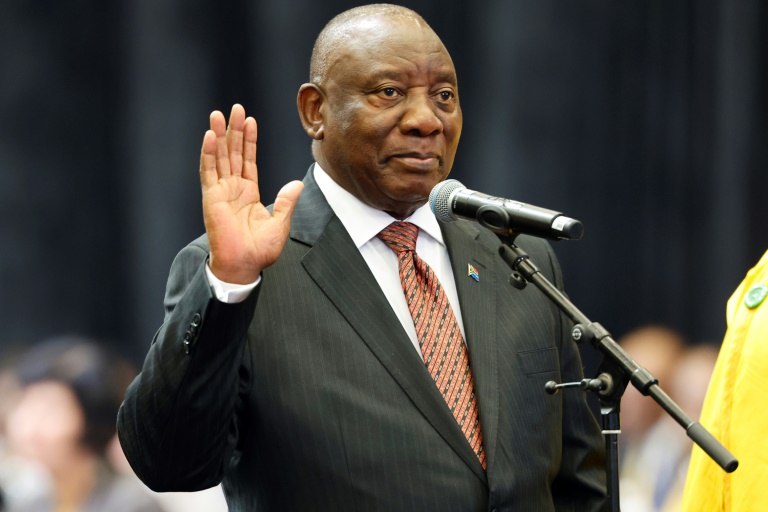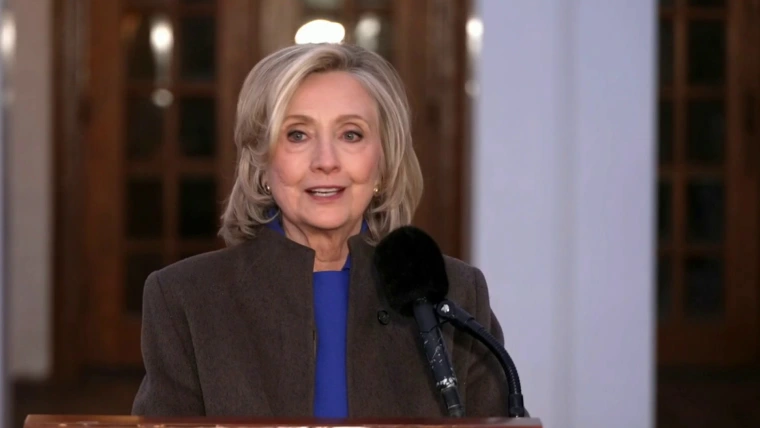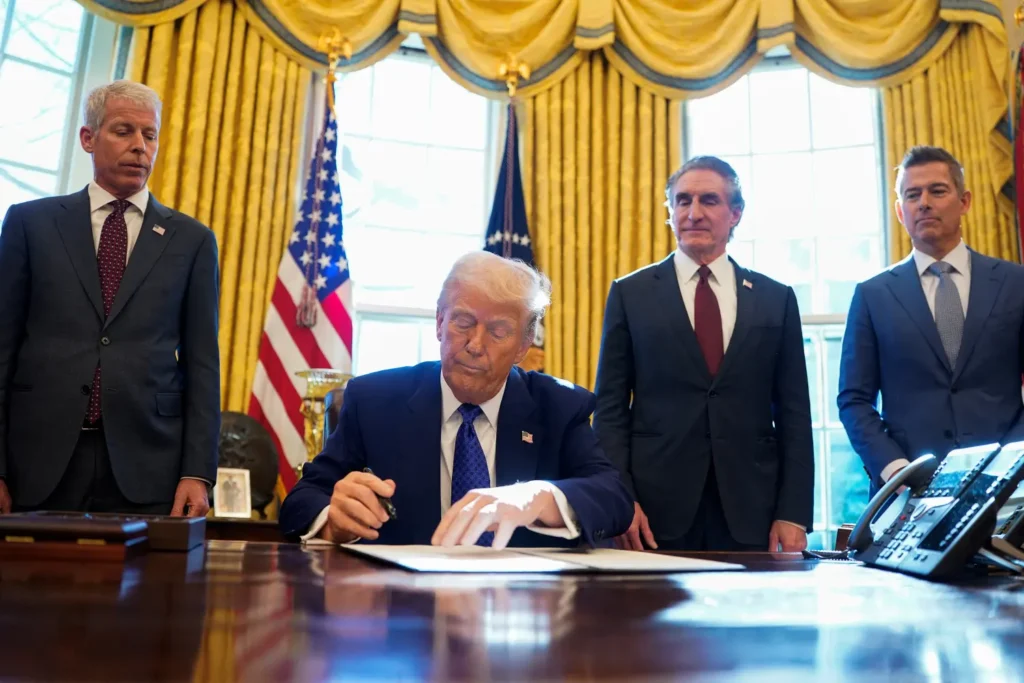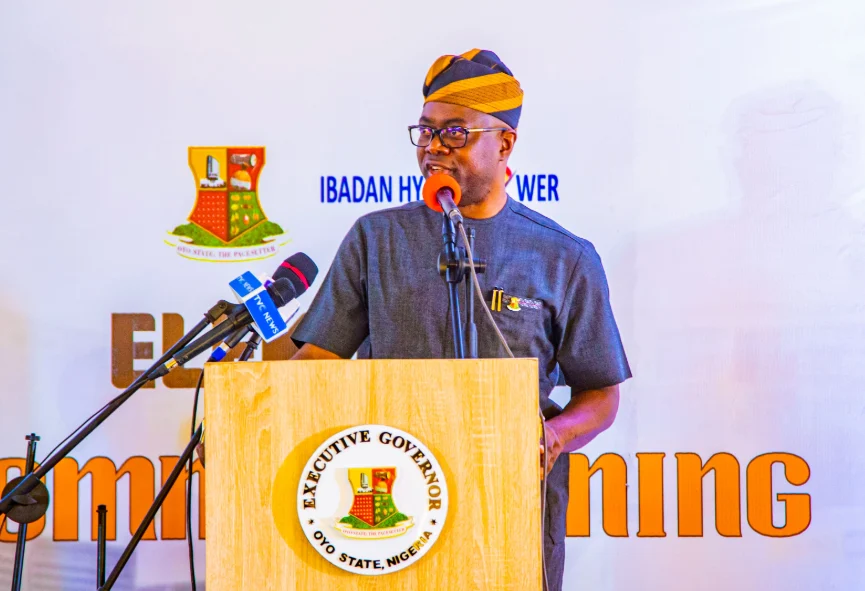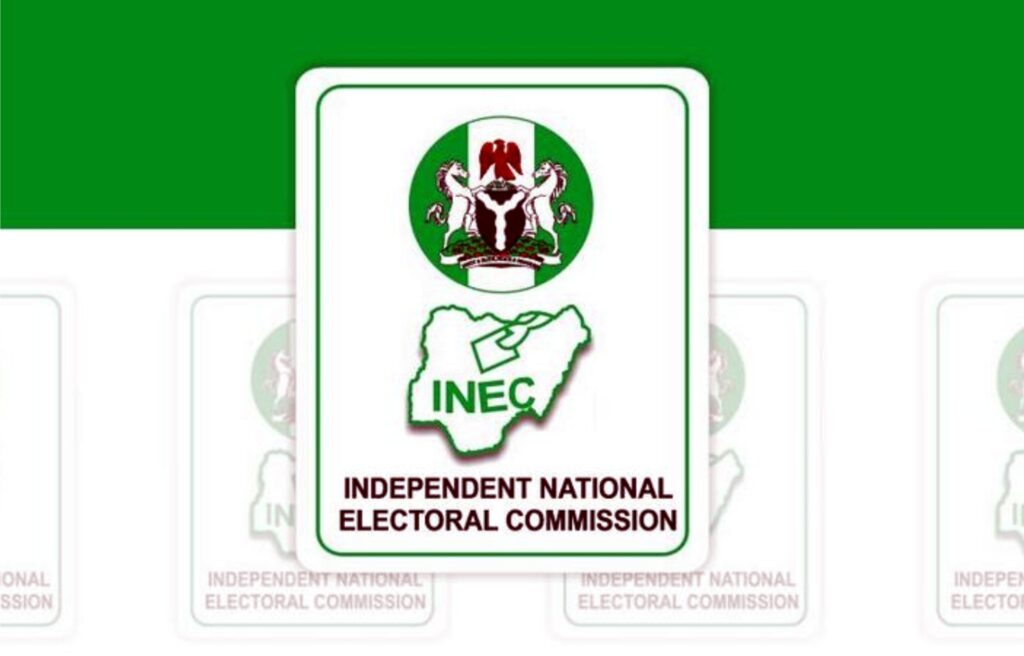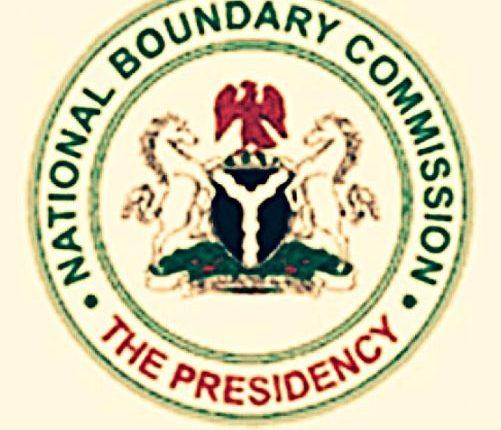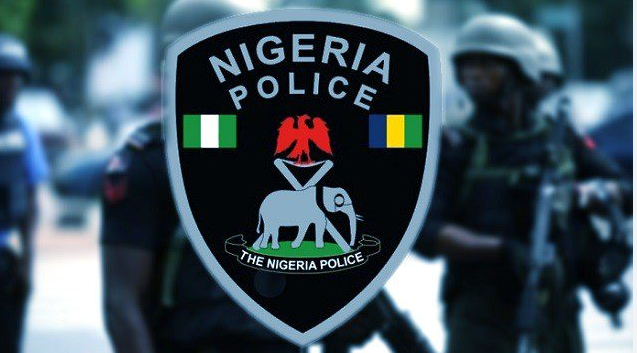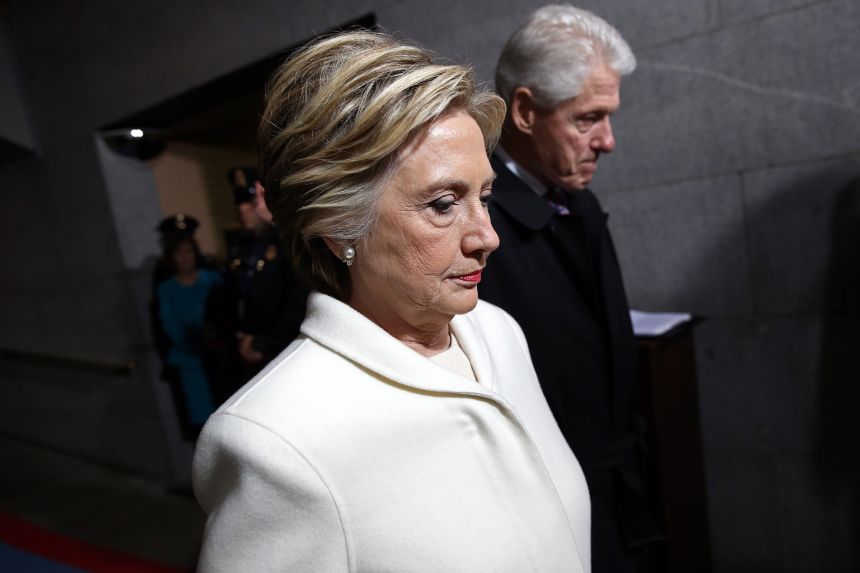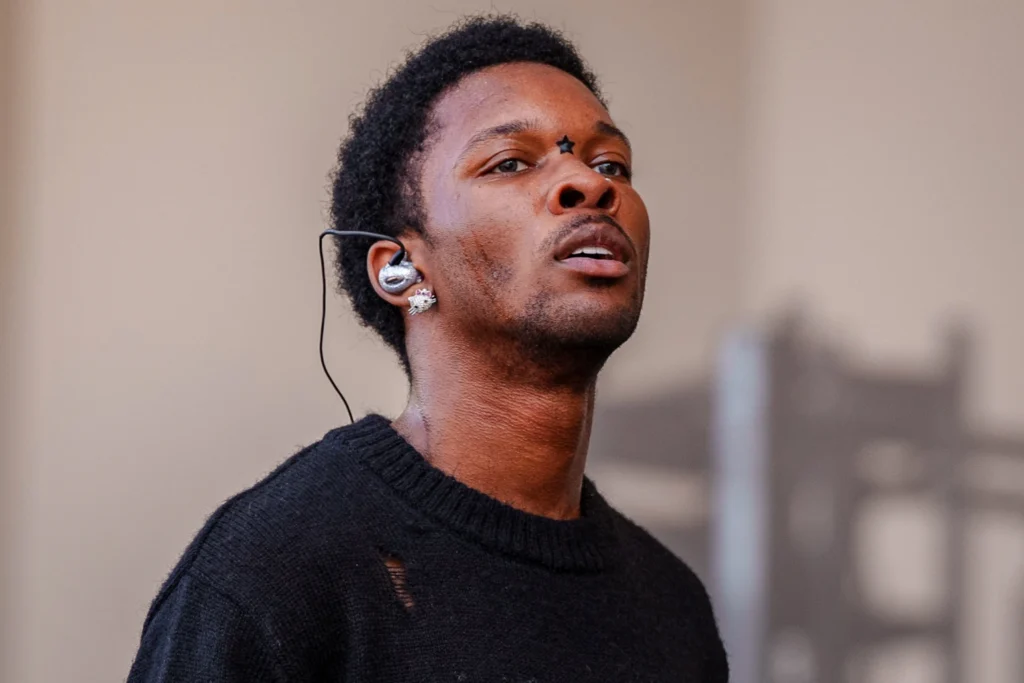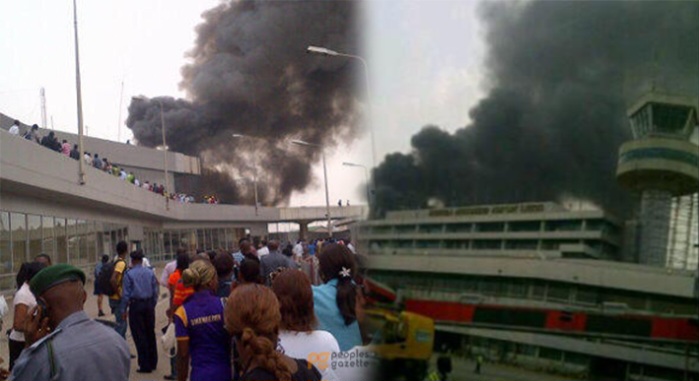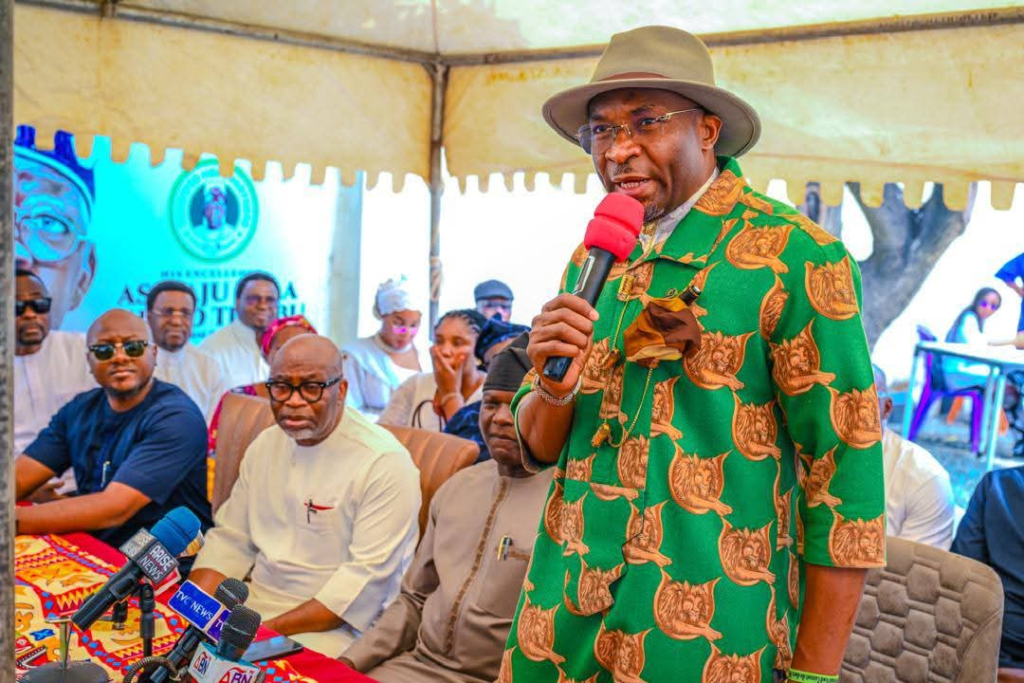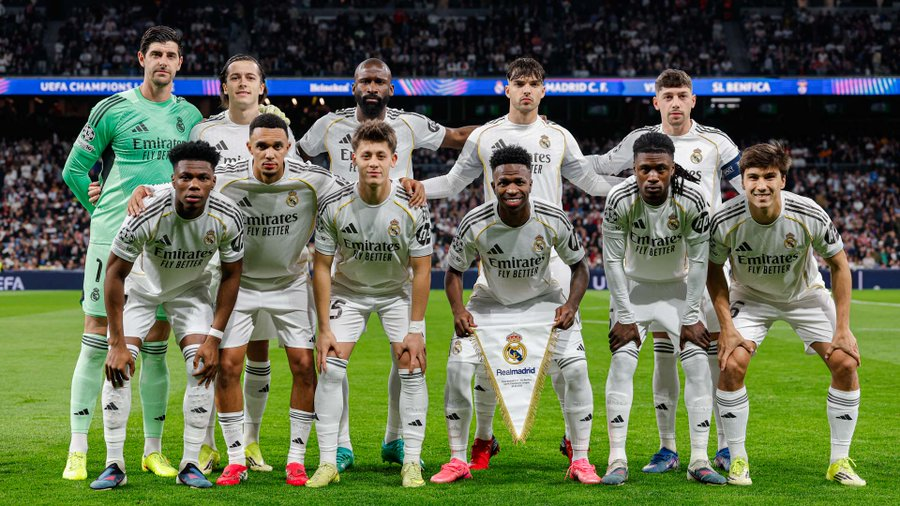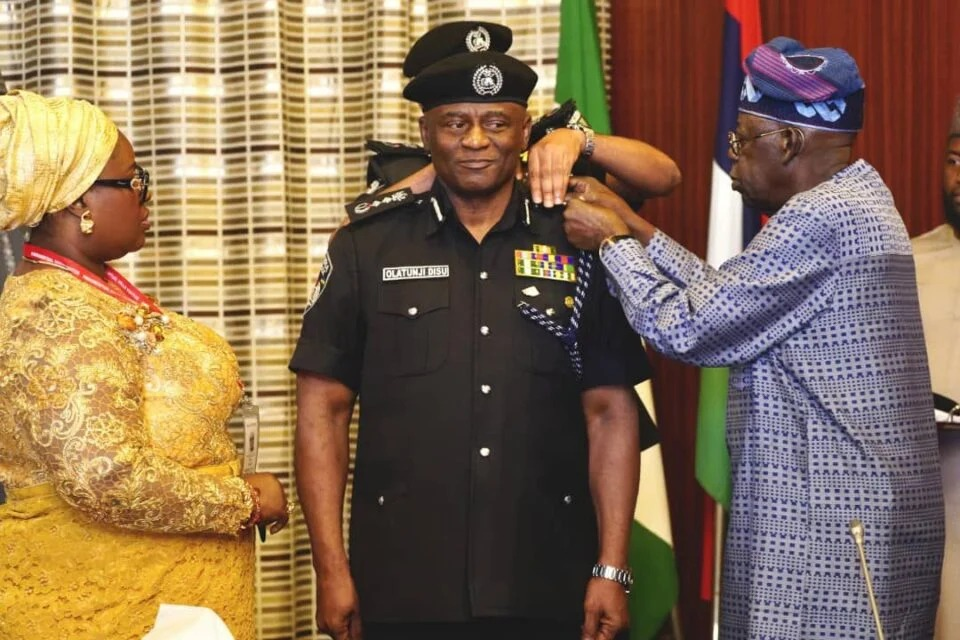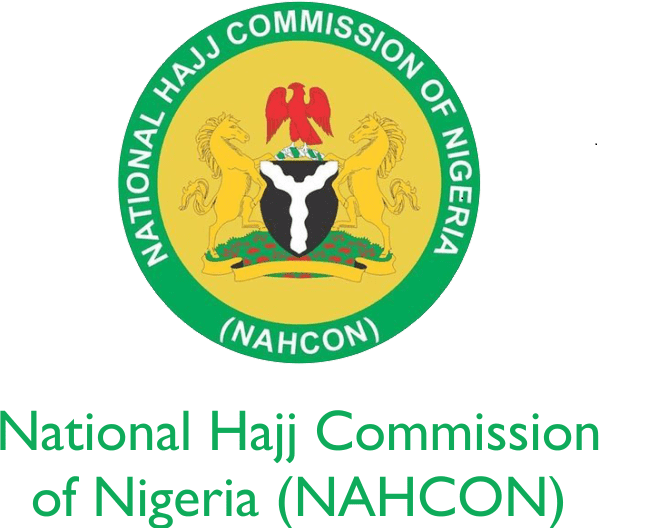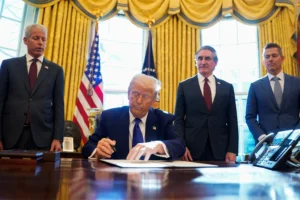Cyril Ramaphosa has been inaugurated for a second term as South Africa’s president, despite his African National Congress (ANC) failing to secure a majority in parliament in last month’s election. Chief Justice Raymond Zondo administered the oath of office.
Last week, lawmakers re-elected Ramaphosa following a coalition agreement between the ANC, its long-time rival, the Democratic Alliance (DA), and other parties. This election marked the first time the ANC lost its majority since the end of apartheid in 1994, with the 29 May election producing no outright winner.
The inauguration ceremony, attended by numerous dignitaries, including several African heads of state, featured music and artistic performances, a 21-gun salute, military flyovers, and a march past by the country’s defense forces.
Former President Jacob Zuma’s newly formed uMkhonto weSizwe (MK) party, which won 15% of the vote and 58 parliamentary seats, has denounced the inauguration as “farcical” and announced that its officials would not participate. The MK party also boycotted the first parliamentary sitting last Friday.
Cyril Ramaphosa has retained the presidency of South Africa despite a significant drop in support for the African National Congress (ANC). The ANC’s vote share fell by 17 percentage points, resulting in the loss of 70 parliamentary seats. Ramaphosa secured his position through a power-sharing arrangement with the pro-business Democratic Alliance (DA) and other smaller parties.
In the recent election, the ANC received 40% of the vote, while the DA came in second with 22%. This coalition represents a shift towards the political center, as left-wing and populist factions that broke away from the ANC declined to join the national unity government.
Following his inauguration, Ramaphosa is expected to appoint a new cabinet that includes members from the DA and three other smaller parties, collectively holding 68% of the seats in parliament.
The president is also anticipated to outline a plan to revive the struggling economy, which has been plagued by power cuts, rising crime, and high unemployment under his leadership.
Ramaphosa first assumed the presidency in 2018 after his predecessor, Jacob Zuma, resigned amid corruption allegations, which Zuma has consistently denied.

